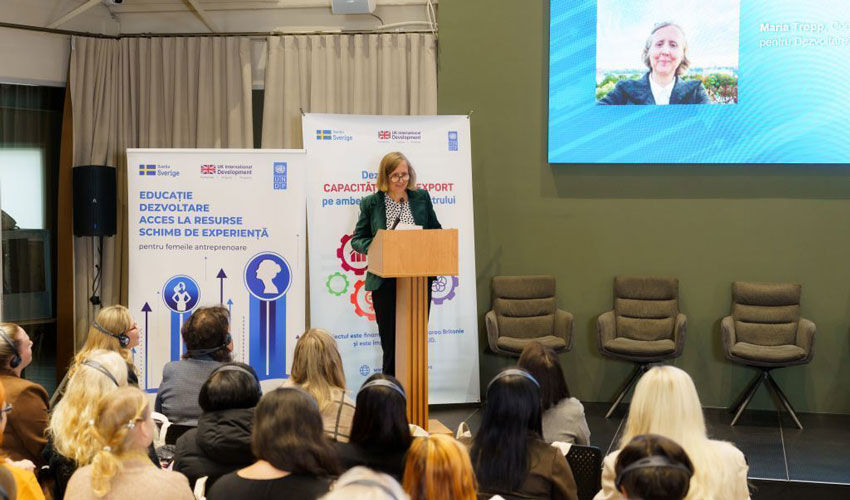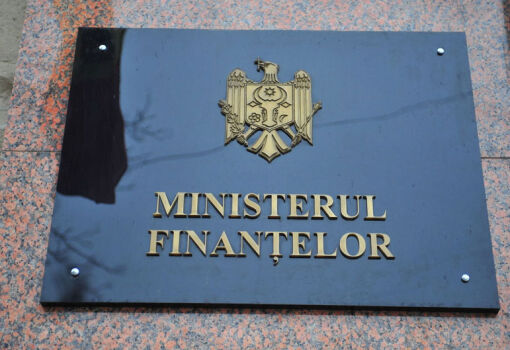
The main challenges include lack of access to finance, bureaucratic requirements, insufficient information on export markets and family responsibilities that limit the time available for business.
At the same time, women entrepreneurs are showing a growing interest in innovations for business development, professional training and digitalization, as well as in strengthening cooperation networks among women entrepreneurs on both banks of the Nistru River.
These findings are contained in the study “Challenges and Opportunities for Women Entrepreneurs in the Manufacturing Sector”, conducted by the Association of Women Entrepreneurs of Moldova (AFAM) in partnership with the NGO “Agency for Innovation and Development” from Tiraspol, with financial support from Sweden and the United Kingdom, within the framework of the UNDP project “Export Capacity Development on the banks of the Dniester” (AdTrade).
“This study confirms that women in the productive sector need not only financial resources, but also an ecosystem that recognizes their potential, gives them access to information, networks and equal conditions for business development. We believe that this study will be a useful practical tool for decision makers and organizations supporting the development of women entrepreneurship and inclusive economic development,” said Seher Ariner, UNDP Deputy Resident Representative in Moldova during the presentation of the document.
The event was attended by women entrepreneurs from both banks of the Nistru River, decision-makers, representatives of development partners, business associations, as well as experts in the field of economic development and inclusiveness.
The study analyzes the experiences of 106 women entrepreneurs from both banks of the Nistru River, working in different sectors such as food production and packaging, textiles, handicrafts and other industries. This diversity allowed for a representative picture of the realities faced by women in business.
According to the report, most women entrepreneurs work in sectors such as food and apparel, handicrafts and woodworking. Almost three quarters of them have a university degree, but this level does not automatically guarantee equal business opportunities.
The study reveals significant development potential. Women entrepreneurs are increasingly interested in product diversification, entering foreign markets and participating in vocational training programs. More and more women are looking for opportunities for cooperation and are willing to innovate if they can benefit from adapted financial instruments and consulting services.
The authors of the study emphasize that an effective support strategy should include flexible financing for women-led enterprises, simplified administrative procedures, the creation of mentoring and continuous learning platforms, and the integration of gender perspectives into national and local economic policies.













